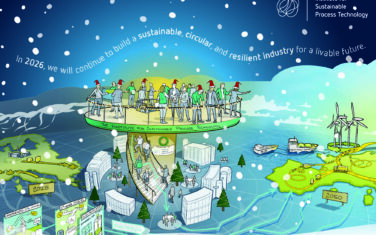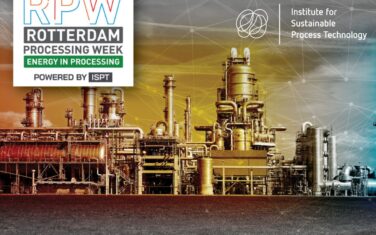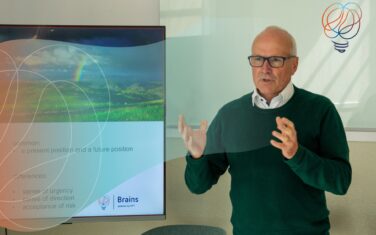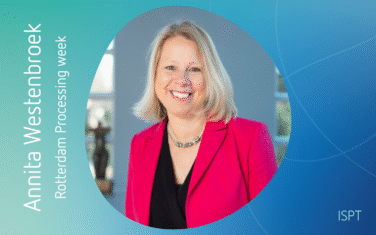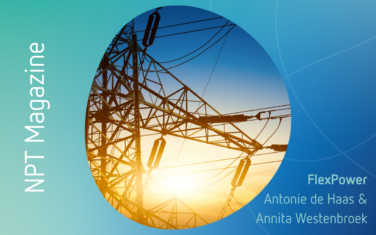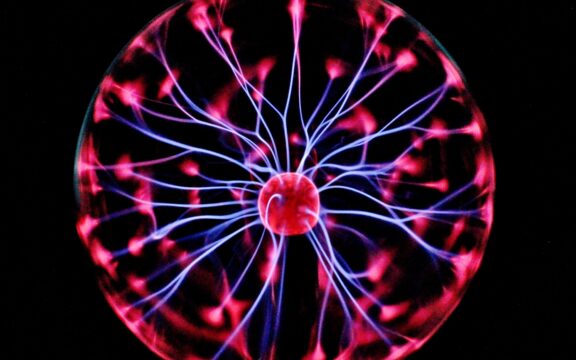Many companies in the agro-food, paper, chemical, horticultural and food sector use energy predominantly to generate heat. The Institute for Sustainable Process Technology has taken the initiative for a national cross-sectoral Heat Integration Platform that will support these industries in achieving the CO2 reduction targets for 2030 and 2050.
Our Heat Integration Platform links innovation to practice by facilitating the exchange of ideas and experiences and the joint build-up of knowledge. This will include the advancement of a joint approach to overcome non-technological barriers.
By participating in the platform, industries acquire a knowledge base that enables them to identify the developments in heat integration that are relevant to their operations. This will, amongst others, aid the preparation of company-specific CO2 plans, help to decide on the participation in joint R&D programs, and support technological investment evaluation.
Activities of the Heat Integration Platform
1. Exchange of knowledge and experiences
In joint meetings throughout the year, companies give plenary lectures on a variety of subjects ranging from plans to completed projects; solved bottlenecks; obtained insights; as well as learning points and dilemmas. In this way, platform participants gain insight into the success factors of fruitful innovations and the lessons learned from less successful endeavours. These meetings are also instrumental in determining the common gaps in knowledge and technology and provide insight into possible new business models.
2. State of the art heat integration technologies
Overviews are prepared of available technologies and their developers and suppliers. For each technology, relevant characteristics are given, such as technical specifications (TRL, capacity, COP, temperature levels and so forth), reliability, and applicability for specific processes. Although the focus will be on the Netherlands, these documents include an outlook on relevant international developments.
Documents have been prepared on technologies in fields such as heat buffering and heat storage, heat exchange, heat transforming, heat pumps and other heat-related technologies. These documents have been created in cooperation with Findest.
Access each section of the overview here:
3. Enabling smart choices
To facilitate its members in making smart choices, the Heat Integration Platform makes an inventory of the more generic comparisons and considerations regarding, for instance, options to generate sustainable heat, and technologies to upgrade heat. In addition, existing tools and scans are being reviewed, such as the heat pump scan, the sustainable energy scan, and pinch analysis.
A case-by-case analysis will establish aspects of applicability, accessibility and scope. Where necessary, feasibility studies will be conducted as an example. These efforts will be made in a collaboration between platform members, knowledge institutions, consultants and technology suppliers, and coordinated by ISPT.
4. Signalling financial and development needs
The financial aspects of implementation can differ greatly between various heat technologies. The Heat Integration Platform will, therefore, dedicate part of its activities to possible business models and financing options. The platform will put forward the need for financial policy development.
At the same time, the platform will provide input for the Dutch national innovation agenda through the identification of gaps in knowledge and technology that require the development of specific instruments. This may result in a joint step-by-step plan to accelerate the implementation of heat innovations in industry.
Acknowledgement
The Heat Integration Platform is co-funded by TKI-E&I with the supplementary grant ‘TKI- Toeslag’ for Topconsortia for Knowledge and Innovation (TKI’s) of the Ministry of Economic Affairs and Climate Policy.


